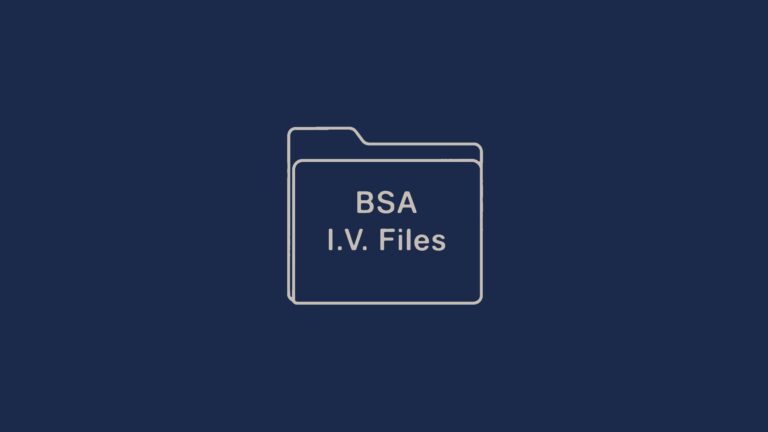Understanding Legal Protections for Public School Abuse Survivors
Sexual abuse in public schools is more widespread than many people realize, and the impact on survivors can last a lifetime. Abuse by a trusted teacher, coach, or staff member is not just a violation of personal safety, it’s a betrayal of the trust every child and family places in the educational system.
At Crew Janci LLP, we are committed to helping survivors reclaim their power. Whether you’re exploring your legal options, trying to understand what happened, or searching for a healing path forward, this guide offers knowledge, compassion, and a path toward justice.
The Scope of Abuse in Public Schools
Abuse by Trusted Adults in the School System
Abuse often occurs at the hands of people in positions of authority, those students are taught to trust and obey.
Common perpetrators include:
-
- Teachers and Substitute Teachers These individuals are in daily, close contact with students. Some exploit their role to build emotional dependency, isolate students, and initiate grooming behaviors under the guise of mentorship.
-
- Coaches and Athletic Trainers Abuse in sports programs can be especially difficult to detect. Practices, travel, and overnight events can create isolated situations where abuse thrives. Team loyalty or fear of “ruining someone’s career” can keep survivors silent.
-
- Administrators and Counselors Those in leadership or mental health roles may be seen as protectors, but when they abuse their power, students often feel there’s no one else to turn to.
-
- Volunteers, Aides, and School Resource Officers Abuse isn’t limited to teaching staff. Schools also rely on a rotating network of part-time personnel, contractors, and volunteers. Without consistent background checks or oversight, vulnerable students may be exposed to risk.
How Grooming Happens in Schools
Before the abuse begins, many perpetrators “groom” their targets, building trust, creating dependency, and testing boundaries. These behaviors often look harmless at first.
Common grooming tactics include:
-
- Giving a student special treatment, gifts, or privileges
-
- Seeking one-on-one time for “mentorship”
-
- Offering personal advice about relationships or sexuality
-
- Touching that starts subtly and escalates over time
-
- Using secrecy, guilt, or shame to manipulate the student
Recognizing grooming behavior can be crucial to stopping abuse before it happens.
Where Abuse Happens in Public Schools
Sexual abuse in public schools can occur in a variety of settings, often in spaces where students are isolated or unsupervised.
Common locations include:
-
- Classrooms after hours
-
- Locker rooms and athletic facilities
-
- School buses or transportation services
-
- Field trips and overnight events
-
- Offices of counselors, coaches, or administrators
These locations are often areas with limited supervision, making them vulnerable to abuse if schools do not enforce proper protocols.
Institutional Failures That Enable Abuse
Institutional failings that may perpetuate abuse include:
-
- Poor Hiring or Vetting Procedures Some districts hire or retain staff even after misconduct allegations. In some cases, employees are quietly transferred rather than investigated.
-
- Ignoring Early Warnings Many survivors report that staff or peers noticed something was wrong long before the abuse was reported. But without intervention, abuse can continue unchecked.
-
- Internal Cover-Ups Some schools prioritize protecting reputations over students, conducting biased internal investigations or failing to involve law enforcement.
-
- Lack of Reporting Channels In some schools, students don’t know how or where to report abuse, or they fear retaliation. Without trusted, accessible reporting systems, abuse often goes unaddressed.
-
- Inadequate Staff Training Many educators are not trained to recognize grooming or abuse warning signs. Training in trauma-informed care and proper boundaries can be critical to prevention.
Legal Protections for Survivors
Title IX: Your Right to Learn Free From Abuse
Under Title IX, schools must:
-
- Take Immediate Action when notified of potential abuse
-
- Ensure a Safe Learning Environment, including supportive measures
-
- Prevent Retaliation against survivors and those who report
Learn more from the U.S. Department of Education Title IX Overview.
What Happens After a Report is Filed?
After a report is made to a school under Title IX, the institution must initiate a prompt and equitable investigation. This typically includes:
-
- Assigning a Title IX coordinator or investigator
-
- Interviewing the survivor, the alleged perpetrator, and relevant witnesses
-
- Reviewing any physical or digital evidence (e.g., texts, emails, video footage)
-
- Offering interim measures such as schedule changes, no-contact orders, or counseling support
Survivors have the right to receive updates, submit evidence, and appeal outcomes. The process can be daunting, but experienced legal advocates can help survivors understand their rights and advocate for fair treatment every step of the way.
Title IX vs. State Legal Claims: What’s the Difference?
Survivors may have multiple legal options:
Title IX (Federal):
-
- Applies to most public K-12 and college settings
-
- Focuses on school liability and failure to respond to abuse
State Civil Claims:
-
- Allow lawsuits for negligence, battery, or failure to protect
-
- Can target individual staff and administrators
-
- May offer broader damages or longer statutes of limitations
Working with a law firm like Crew Janci LLP can help survivors understand which legal pathways best suit their situation.
What Damages Can Survivors Recover?
Every case is different, but survivors may be entitled to financial compensation for the harm they’ve endured. Possible damages include:
-
- Emotional distress and mental health impacts
-
- Medical and therapy expenses, both past and future
-
- Loss of educational opportunities, such as dropped grades or missed schooling
-
- Punitive damages, in cases of especially egregious institutional misconduct
-
- Legal costs and attorney’s fees, in some successful Title IX claims
This compensation is not just about money, it’s about justice, accountability, and rebuilding lives.
State-Level Protections and Mandatory Reporting
Key protections include:
-
- Mandatory Reporting Laws for educators and school staff
-
- Civil liability for institutions that knowingly allowed, permitted, or encouraged abuse
-
- Criminal consequences for failure to report abuse
Explore your state’s laws at the Child Welfare Information Gateway.
What is a Mandated Reporter?
A mandated reporter is someone legally required to report suspected abuse. This typically includes:
-
- Teachers
-
- School counselors
-
- Principals and superintendents
-
- Coaches and club supervisors
Failure to report can result in legal penalties, job loss, and even criminal charges depending on the state.
Statute of Limitations (SOL): Time May Still Be on Your Side
SOL reforms have created new opportunities:
-
- “Lookback Windows” allow lawsuits for older abuse cases
-
- Extended or eliminated deadlines in many states
-
- Tolling provisions for trauma-related delays in reporting
Even if it’s been years, or decades, since the abuse occurred, you may still have legal options. Don’t assume it’s too late until you’ve talked to an attorney who understands these evolving laws.
Common Challenges Survivors Face
Emotional Barriers
Coming forward about abuse is incredibly difficult. Survivors often face:
-
- Shame and guilt, even though the abuse is never their fault
-
- Fear of retaliation, from schools or peers
-
- Mental health impacts, including PTSD, anxiety, or depression
-
- Distrust in authority, especially if previous reports were ignored
When Schools Retaliate or Stay Silent
Institutional retaliation can include:
-
- Lower grades or exclusion from activities
-
- Pressure to keep quiet or “not ruin someone’s life”
-
- Permitting abusers to resign quietly without accountability
-
- Discrediting the survivor through smear campaigns
Legal action can help break the silence and create change.
Why Legal Action Can Make a Difference
Accountability for Institutions
Lawsuits can:
-
- Uncover ignored reports or patterns of abuse
-
- Prompt school districts to change policies and oversight
-
- Lead to required staff training and reporting protocols
-
- Encourage public transparency and community awareness
Empowering Survivors
Legal action can help survivors:
-
- Reclaim their voice and story
-
- Seek justice and financial compensation for emotional and financial harm
-
- Hold individuals and institutions accountable
-
- Inspire others to come forward, knowing they are not alone
Legal Precedents and Case Outcomes
Numerous high-profile lawsuits have been filed against public school districts for failing to prevent or respond to sexual abuse. These cases have:
-
- Revealed cover-ups and years of complaints against staff that went ignored
-
- Resulted in multi-million-dollar settlements for survivors
-
- Prompted legislative changes in how schools handle abuse reports
In some cases, survivors have come forward decades later, and still achieved justice thanks to new statute of limitations laws. Crew Janci attorneys have helped lead litigation that uncovered systemic negligence in public institutions across the country.
How Crew Janci Supports Survivors — Every Step of the Way
At Crew Janci LLP, we’ve represented hundreds of abuse survivors, including many from school settings.
We offer:
-
- Confidential consultations with no pressure to proceed
-
- Trauma-informed support model tailored to each survivor’s pace
-
- A nationally recognized law firm, with substantial recoveries for our clients
-
- Access to resources, including therapy referrals and advocacy support
-
- Guidance through every step of the legal and healing journey
-
- Survivor-centered control—you decide how far to take the case
-
- Collaboration with therapists and experts to support your healing
You don’t have to face this alone. We’ll walk the path with you.
Pushing for Change: Legal Action and Policy Reform
Every case we pursue also adds pressure for systemic change.
Legal victories can help:
-
- Strengthen laws protecting students from abuse
-
- Expand mandatory reporting and background check requirements
-
- Improve sexual abuse prevention education in schools
-
- Increase the likelihood that more survivors can come forward safely
Crew Janci works with lawmakers and advocacy groups to drive lasting change, so that future generations are better protected.
What to Do If You’ve Experienced Abuse
Steps you can take right now:
- Ensure Immediate Safety Seek physical and emotional support. Your safety is the priority.
- Document Everything Write down names, dates, locations, and what happened. Save any messages, emails, or evidence.
- Report the Abuse Contact law enforcement or child protection services. If you’re unsure how, organizations like RAINN can help guide you.
- Contact Legal Support Reach out to Crew Janci LLP for a private, no-obligation conversation.
Even if you’re not ready to file a claim, we can answer your questions and help you feel informed and empowered.
Survivor Resources
- RAINN (Rape, Abuse & Incest National Network) National sexual assault hotline and support tools
- ChildHelp National Child Abuse Hotline 24/7 support for children, adults, and families
- Crew Janci Survivor Resource Legal guides, survivor stories, and FAQs
- Stop It Now Prevention tools and helplines focused on stopping child sexual abuse
Contact us in Oregon today!
9755 SW Barnes Road, Suite 430, Portland, Oregon 97225 (888) 407-0224 info@crewjanci.com For any questions, Submit Our Confidential Form.
Empowering Change
Related Resources
are here to guide and empower you or someone you care about.
Don’t face this alone.































